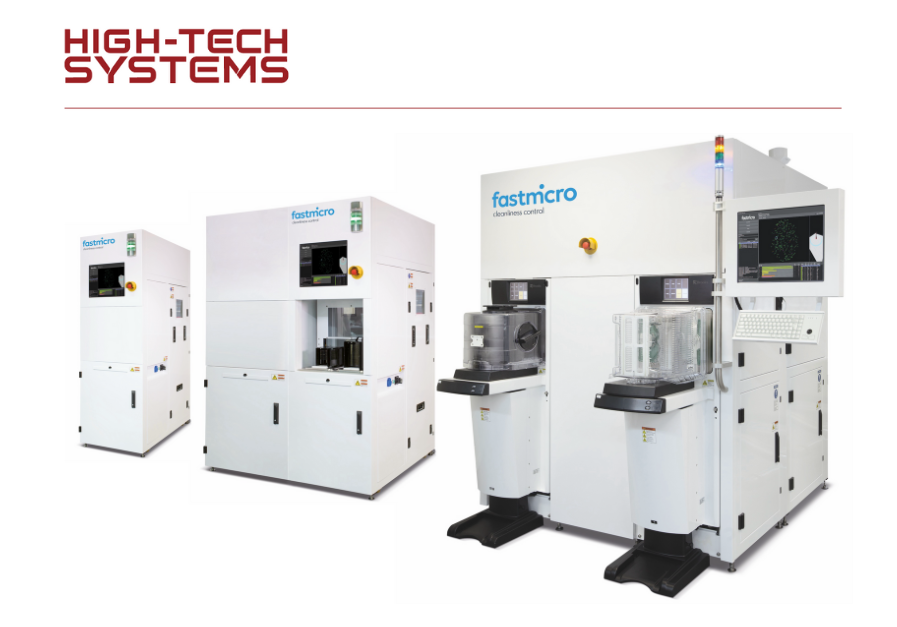Geldrop, July 1, 2024 – The Geldrop-based company Fastmicro has received a significant capital injection to boost the global sales of its particle inspection systems. Fastmicro, which has grown independently for the past five years without external financing, is now turning to an external investor to accelerate the worldwide rollout of its inspection systems and scale up to a company with global coverage. The investment comes from Value Creation Capital (VCC), though the exact amount has not been disclosed.
The market for systems that can effectively and quickly map particle contamination is expected to grow significantly with the increasing demands for cleaner production environments, according to CEO and co-owner Erik Vermeulen. He states that the semiconductor industry can save billions by smartly utilizing Fastmicro’s systems, thereby increasing the yield of chip production.
Rapid Detection
Fastmicro’s equipment focuses on the rapid detection of particles. The instruments provide an instant image of submicron contamination on a surface and then generate a report detailing the quantity and location of the contamination. The company now offers a series of systems that detect particles as small as 100 nanometers on wafers and reticles used in chip fabrication. “Components, assemblies, equipment, wafers, EUV pellicles, and reticles, and other critical components that require ultra-clean technical cleanliness,” says Fastmicro, which also provides equipment to monitor cleanroom processes. Central to the particle detection systems is darkfield scatterometry technology. Rob Lansbergen developed the module based on this technology at TNO, which later gave rise to Fastmicro. The first Fastmicro product used a method for capturing particles with a standard sticker that was then measured in an instrument.

Pellicles
Lansbergen also designed prototypes and equipment for ASML, OTB, and other semiconductor companies. The significant demand for ultra-clean wafers, pellicles, and reticles in EUV lithography boosted the development. With his company, Lans Engineering, he continues to develop systems for Fastmicro, which now has an extensive portfolio of products and services to map surface particle contamination. Lansbergen co-founded Fastmicro in 2019, along with the TBRM Group (The Bicycle Repair Man), the startup engine of Marc Evers, and S&T, an engineering firm focusing on space applications. The basic patents on which Fastmicro developed are still held by “TNO and the regional litho OEM” (read ASML).
The interview is published on the High-Tech Systems website in Dutch, and on Bits and Chips in English.